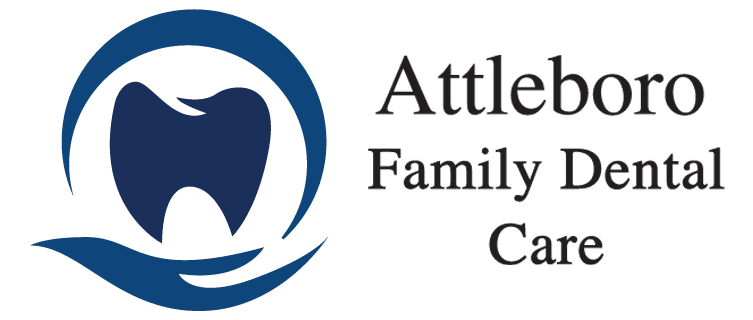Brushing and flossing your teeth regularly and thoroughly is the first line of defense against cavities and gum disease. However, many people choose the wrong toothbrush or toothpaste and don’t brush or floss the way they should. With these tips from Attleboro Family Dental Care in Attleboro, MA, you can keep your mouth healthy and your smile great!
Choose Your Weapons Wisely
There are overwhelming numbers of toothbrushes available. Small head, large head, soft/medium/hard bristles, manual or electric. There’s also an incredible selection of toothpaste and types of dental floss. Which ones are right for you?
Here are the things to consider when choosing a toothbrush.
- The main purpose of brushing is to remove dental plaque from the gum line and teeth. To do that effectively, your toothbrush has to reach as many of the little nooks and crannies as possible. A toothbrush with a small head makes that much easier to accomplish, so almost everyone will benefit from a small-head toothbrush.
- Plaque is soft and easily removed in its earliest stages. There’s no reason to scrub hard on your teeth; all that does is lead to premature wear and tear on your tooth enamel. Soft bristles to the job just fine.
Which toothpaste is right for your teeth? Consider the health of your tooth enamel first.
- Toothpaste really isn’t necessary to remove plaque. At best, toothpaste serves to carry removed plaque away from the teeth. (Hint: rinsing thoroughly with water afterward will do the same thing.) A highly abrasive toothpaste – and there are many – does nothing for the health of your tooth enamel. Check for the ADA seal of approval on the brand you choose; that’s the easiest way to be sure it’s good for your teeth.
- Many over-the-counter brands of whitening toothpaste use abrasives to remove surface stains on teeth. There’s also the likelihood that those abrasives will remove minute traces of plaque. That’s not a big thing when you do it once or twice, but using that kind of toothpaste every day for months or years can wreak havoc on your enamel. Make sure that your teeth remain strong and healthy first before you worry about whitening.
Which type of dental floss should you use? The one that you WILL use every day.
- There doesn’t seem to be any real difference in effectiveness between waxed and unwaxed floss. The same holds true of ribbon floss versus regular floss. Floss scrapes plaque off the facing sides of teeth. As long as it does that – thoroughly – use whichever kind you like.
Take A 2 To 1 Approach
Brushing twice a day and flossing once is enough for most people to maintain their oral health. Plaque begins to reform within 24 hours after it has been removed. Keeping to a strict schedule of brushing twice and flossing once will work fine to keep plaque from getting a foothold.
To be fair, there are some people who seem to be genetically prone to gum disease. Our Attleboro, MA dentists may recommend a different oral hygiene schedule for those people, which can include more frequent dental cleanings and examinations.
Call In The Reserves
Your oral health depends primarily on you, but you don’t have to go it along. Regular dental cleanings and examinations are a crucial part of maintaining strong teeth and a healthy mouth.
Call our office at 508-222-2510 to schedule an appointment.
The post Brushing And Flossing Tips For Your Healthiest Mouth appeared first on Dr. Hikmat Hannawi v2.
